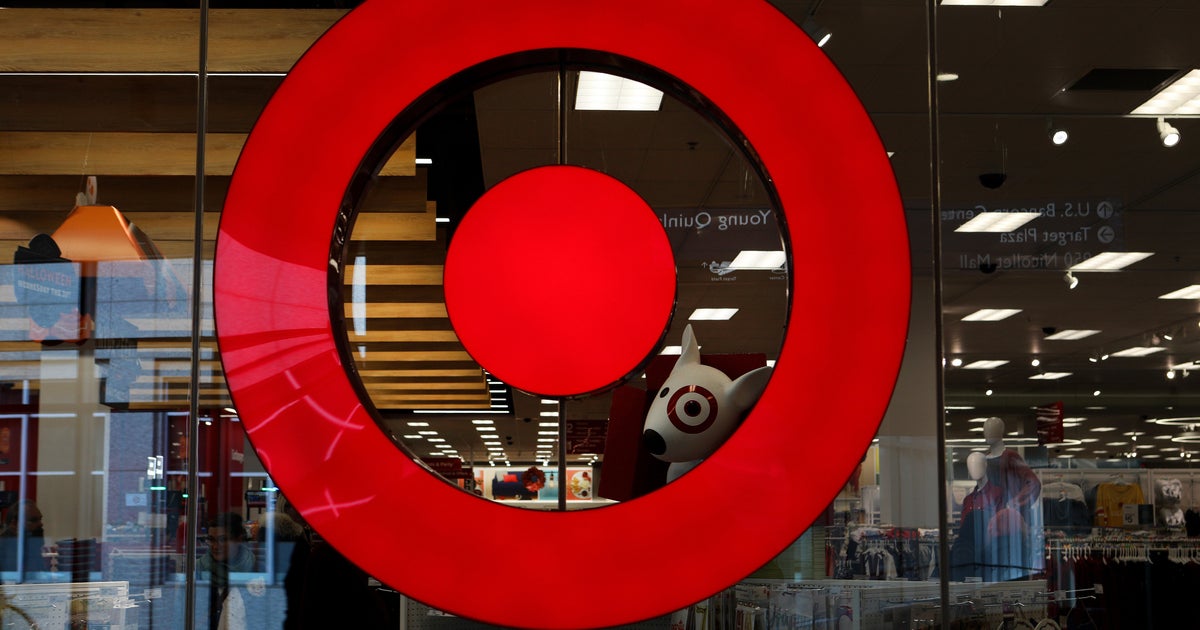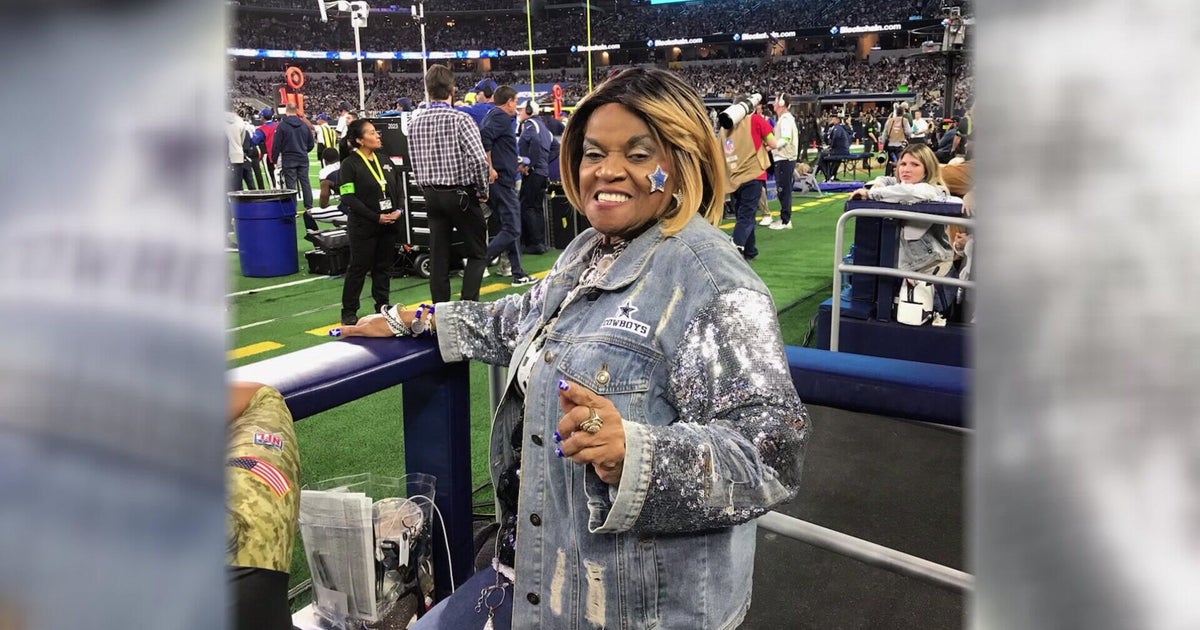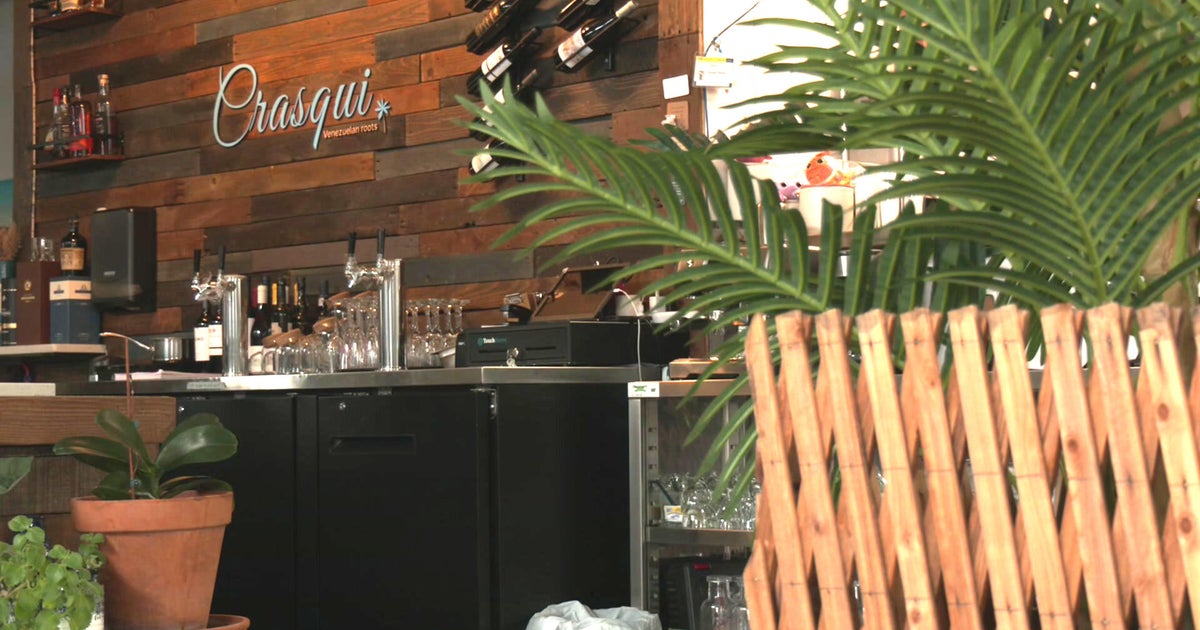Farmers Help Create Memories With Christmas Trees
By NICHOLAS C. STERN
The News-Post of Frederick
NEW MARKET, Md. (AP) -- John Theofield helped start the 100-acre Christmas tree farm operation known as Hardee Farms in New Midway in 1962.
A tax accountant by day, co-owner Theofield said he was looking for a business on the farm he could operate on a part-time basis.
Fifty years ago, he had little competition in the county for his pick and cut-your-own tree business, either from similar operations or from artificial trees, he said.
"There's no question but that there has been tremendous infringement by the artificial trees, more so than when we first started."
According to a 2011 survey by the National Christmas Tree Association, customers preferred real trees over artificial by a roughly 3-to-1 margin.
In 2011, U.S. consumers bought about 30.8 million real trees and spent $1.07 billion, versus roughly $670 million spent on 9.5 million artificial trees, the NCTA said.
About a third of those who bought real trees in 2011 got them from choose-your-own farms, while the rest bought them precut from retail lots, garden centers and chain stores, the NCTA said.
Maryland farmers harvested more than 77,000 trees in 2007, the most recent year for which numbers are available, down 22 percent from the 2002 figures, the NCTA stated.
Theofield's first trees grew to cutting size in about eight years, he said, and he began selling them wholesale to Christmas tree lots.
At his busiest, he sold as many as 5,000 trees a season to local retail lots, Theofield said.
But too much labor was required to maintain a wholesale business, so he shifted to the cut-your-own retail side, where profits were better anyway, he said.
Over the decades, business on his farm has declined a bit; average about 1,000 trees per season.
Artificial trees have been a factor, he said, and so has increased competition.
The Maryland Department of Agriculture lists eight Christmas tree farms in Frederick County, though Theofield said there are likely about a dozen in the area.
Yet his farm has been successful and his business is a labor of love, Theofield said.
"I enjoy very much the manual labor. I enjoy the fresh air."
Theofield said he also likes the relatively eco-friendly nature of the business.
Seedlings take in carbon dioxide and produce oxygen, while trees help prevent soil erosion and make for good wildlife coverage, he said.
Christmas trees are a renewable, recyclable product that benefits the local economy, as opposed to artificial trees, which contain nonbiodegradable plastics and possible toxins such as lead, according to the National Christmas Tree Association. Also, about 80 percent of artificial trees worldwide are manufactured in China.
"This is very much an environmental protective growth," Theofield said.
------
A family tradition
The 150-acre Mount Airy farm Mike and Lisa Gaver run with their children, Laura and Gregory, includes a 50-acre cut-your-own Christmas tree operation among the diversified activities that make their business profitable. The Gavers also maintain an apple orchard and a pumpkin patch. They grow corn, soy and wheat and run a fall festival.
The family has sold Christmas trees for 28 years, the couple said.
Sales often depend on the weather -- drought years are particularly tough -- and while artificial trees have been a competitive force in the broader marketplace, the Gavers have seen a bump in sales over the past three years, they said.
More and more, customers seem interested in contributing to the local economy, as well as seeing how a working farm operates, Lisa Gaver said.
Their customers also seek a quality product, she said, and a fragrant, fresh-cut, lovingly pruned Fraser or Douglas fir is hard to beat.
Cutting your own tree can also be a family experience, and often turns into a family tradition, Gaver said. Families make a day of the event, bringing picnics if the weather is nice, while the children pet animals or wander through the field.
"They make memories to last a lifetime," she said.
Mehrl Mayne, owner of Mayne's Tree Farm in Buckeystown, said the 50 acres dedicated to Christmas trees constitute his 170-acre farm's primary annual source of income. He started his cut-your-own business in 1977, and it has steadily grown ever since, he said.
"Good quality trees will sell themselves," Mayne said.
Customers' tastes have changed over the decades, from a preference for Scotch and white pine with their longer, soft needles to the Douglas and Fraser firs of today, with their nice needle retention and pleasant smell, the Gavers, Theofield, and Mayne all said.
Their three farms all offer complete service, including shaking the conifer of its loose needles, netting it and tying it to the roof of a customer's car.
Michael Judd, a customer who visited Mayne's farm on an early December day, said he always cuts his own Christmas trees.
A self-described ecologist who grows his own fruit and nut trees, Judd said Christmas tree farms help protect the soil and the Chesapeake Bay, and are preferable to monoculture crops.
His choice of Christmas tree: Fraser fir.
"There's just something magical about cutting your own tree," he said.
(Copyright 2012 by The Associated Press. All Rights Reserved.)







